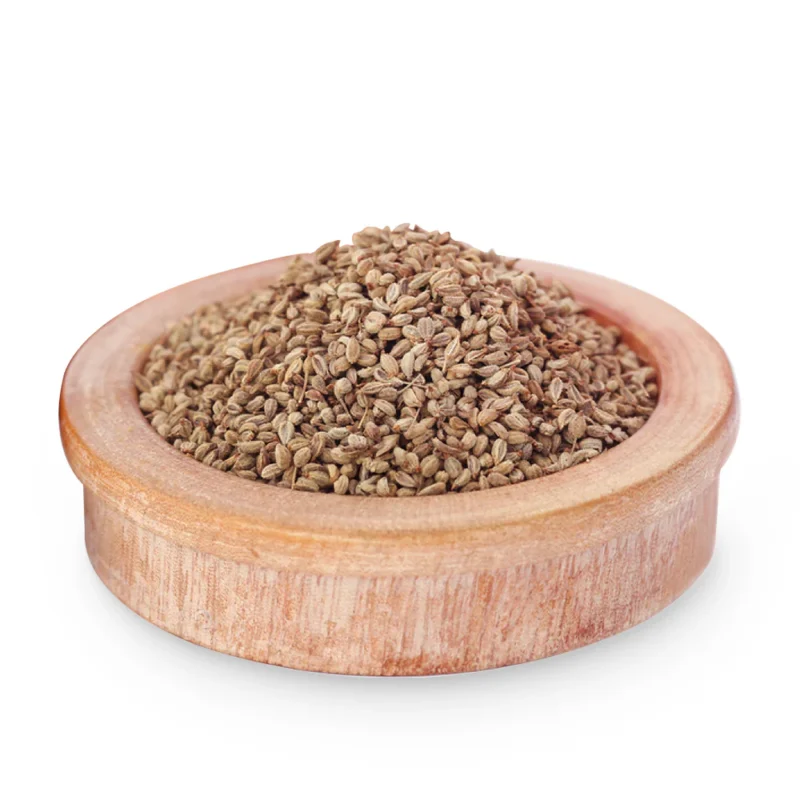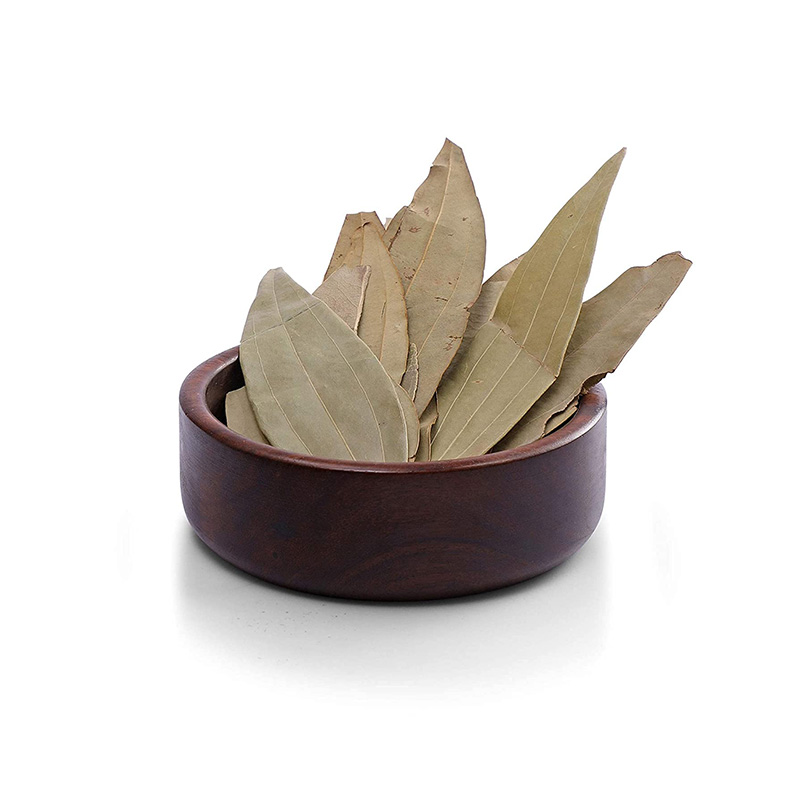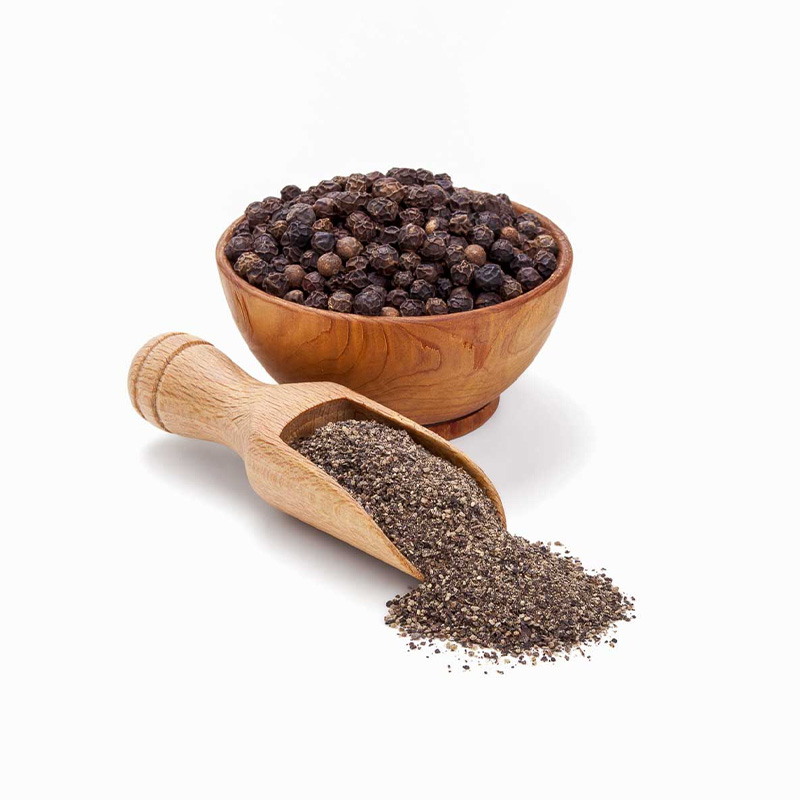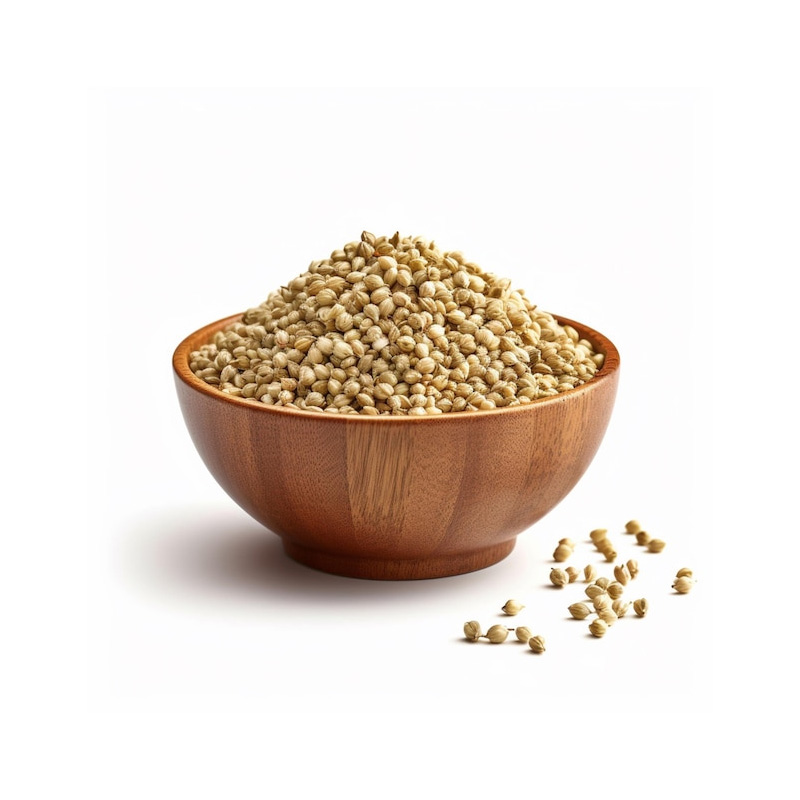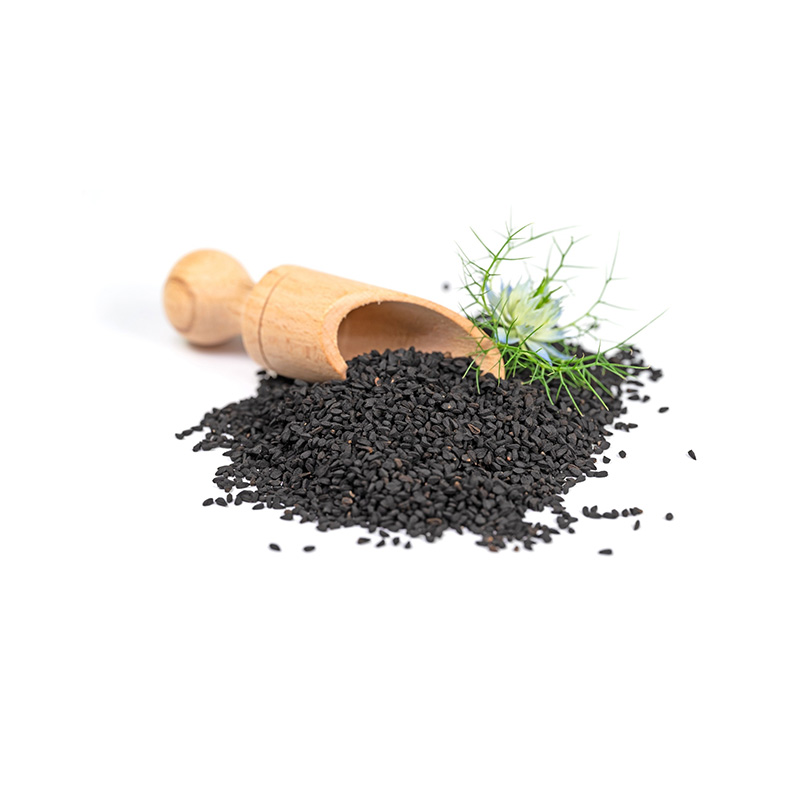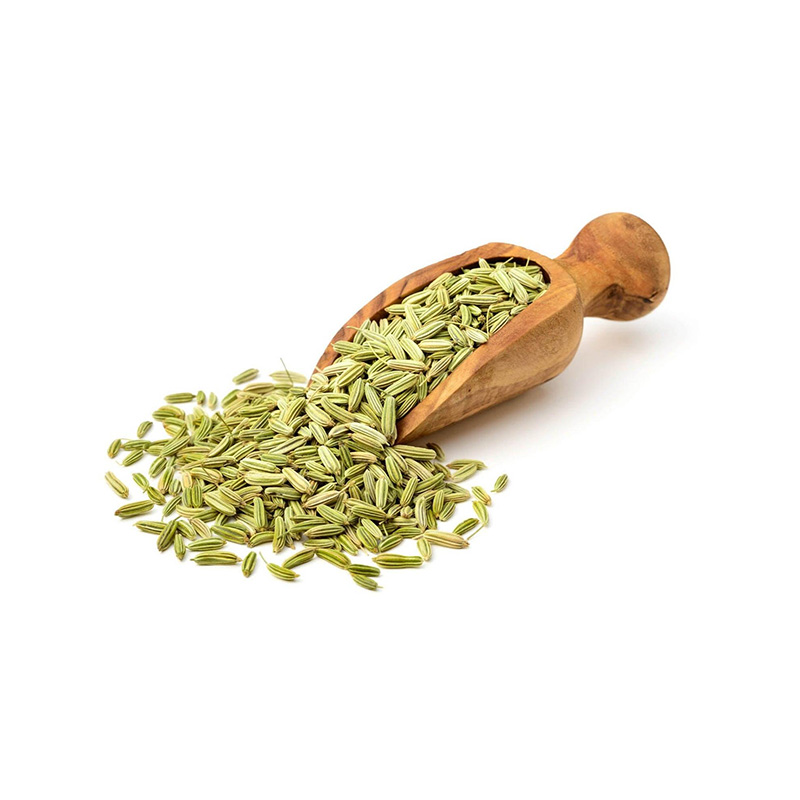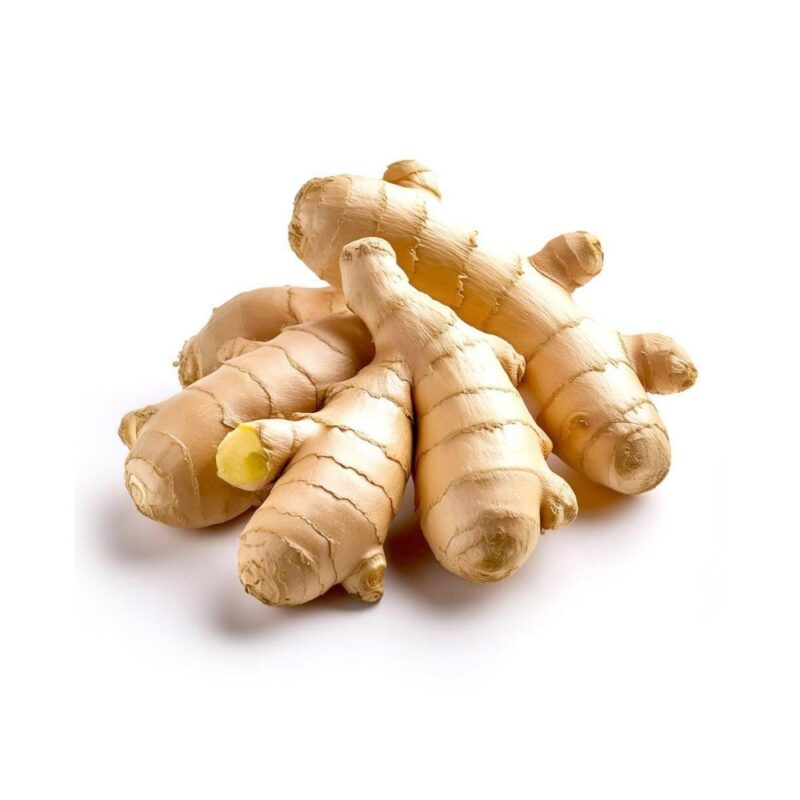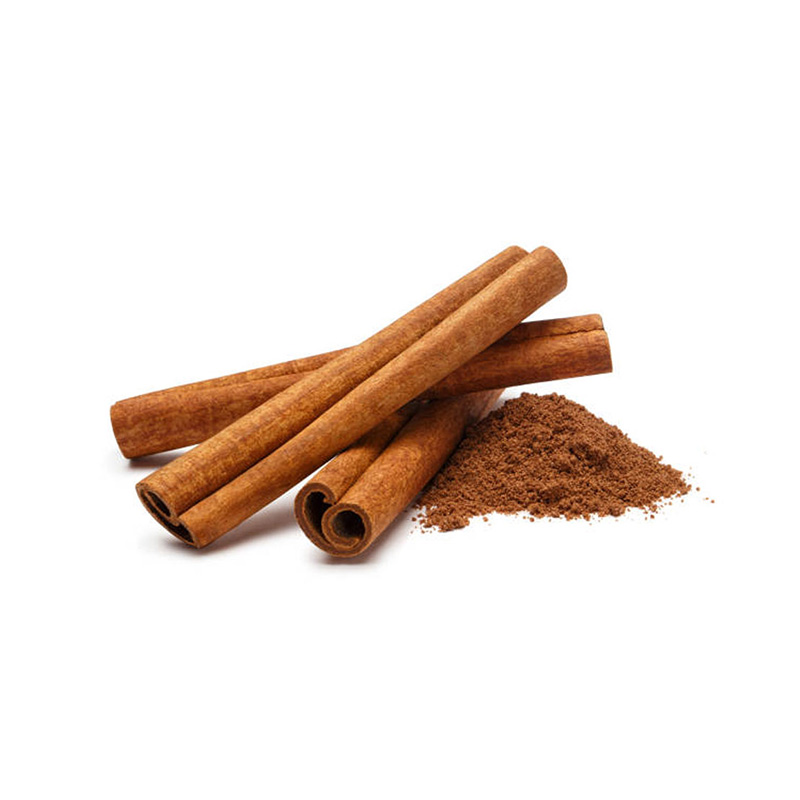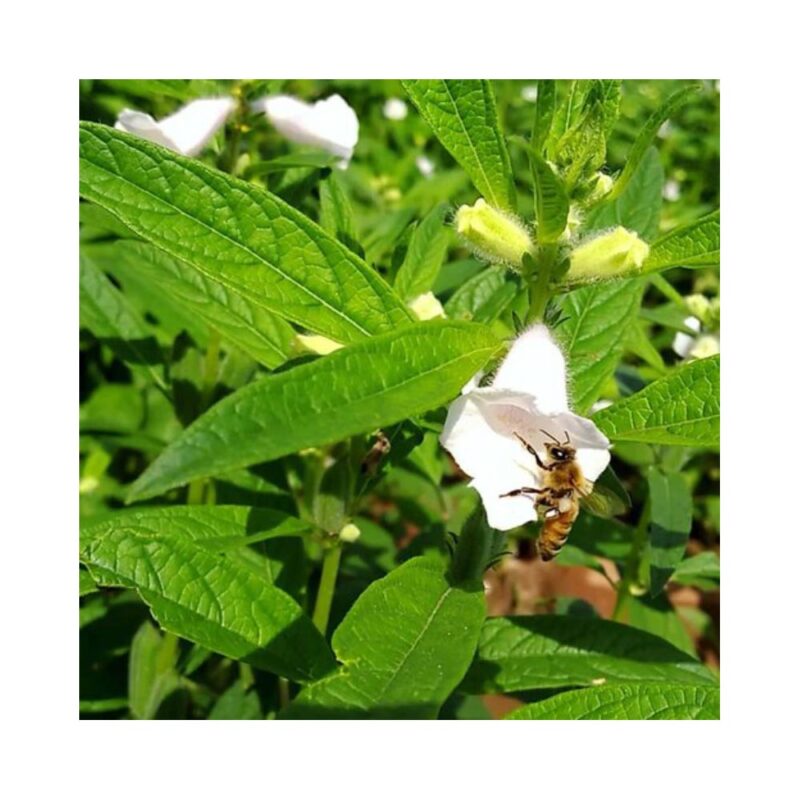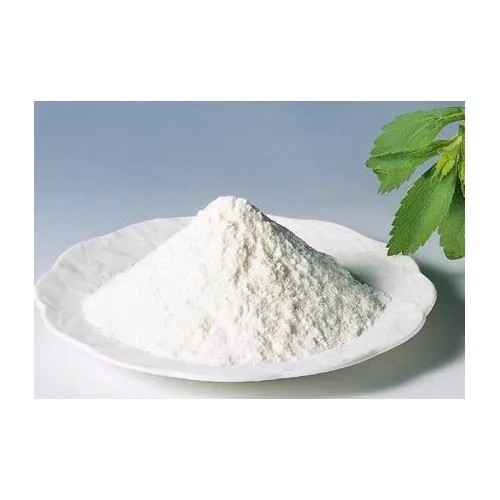India To Turkey
Spices
Ajwain ( Bishop’s Weed)
Ajwain, also known as Bishop's Weed, is a small, seed-like spice renowned for its pungent, thyme-like flavor and aroma. Native to India and parts of the Middle East, ajwain is a staple in Indian cooking, often used in breads, curries, and savory snacks. It is celebrated for its digestive properties and is commonly included in home remedies for indigestion and bloating. Rich in thymol, ajwain also exhibits antibacterial and antifungal properties. Its robust taste complements lentil dishes, chutneys, and pickles. Besides its culinary uses, ajwain is valued in traditional medicine for alleviating coughs, colds, and respiratory ailments.
Bay Leaves ( Laurel)
Bay leaves, derived from the laurel tree, are an aromatic herb widely used to enhance the flavor of soups, stews, and sauces. Native to the Mediterranean region, these dried leaves are prized for their subtle, earthy aroma and slightly bitter taste. Bay leaves release their essence slowly, making them ideal for slow-cooked dishes. Beyond culinary uses, they have been used in traditional remedies for their potential anti-inflammatory and digestive benefits. A rich source of vitamins A and C, bay leaves are also known for their antioxidant properties. They are typically removed before serving, leaving behind a nuanced depth of flavor.
Black Cardamom
Black cardamom, larger and bolder than its green counterpart, is a smoky and aromatic spice integral to Indian and Asian cuisines. The pods, with their robust, earthy flavor, are often used in savory dishes like curries, stews, and biryanis. Known for its warming qualities, black cardamom also features in spice blends like garam masala. Its medicinal benefits include aiding digestion, alleviating respiratory issues, and combating bad breath. The seeds, encased within woody pods, are rich in essential oils. Whether used whole or ground, black cardamom imparts a distinctive depth and complexity to any dish, making it a pantry essential.
Black Pepper
Black pepper, often referred to as the "king of spices," is a versatile and widely used seasoning. Derived from the dried berries of the Piper nigrum vine, its sharp, pungent flavor enhances both savory and sweet dishes. Black pepper is known for stimulating digestion, boosting metabolism, and its anti-inflammatory properties due to its active compound, piperine. It's an essential ingredient in global cuisines, from Indian curries to Western sauces. Whether freshly ground or whole, black pepper is a staple in spice blends like garam masala and rasam powder, adding a bold kick to marinades, soups, and salads.
Clove
Cloves are aromatic flower buds from the clove tree, celebrated for their warm, sweet, and slightly spicy flavor. Originating from Indonesia, cloves are a cornerstone of spice blends like garam masala and Chinese five-spice powder. They are used in both sweet and savory recipes, from baked goods to meat dishes. Renowned for their medicinal properties, cloves have antiseptic, analgesic, and digestive benefits, often used to soothe toothaches and freshen breath. Rich in antioxidants and essential oils like eugenol, cloves are also popular in teas and mulled wines, lending a comforting aroma and taste to beverages and foods alike.
Coriander seeds
Coriander seeds are small, round, and fragrant, offering a citrusy and nutty flavor. A staple in Indian, Middle Eastern, and Mediterranean cuisines, they are used whole or ground to enhance curries, soups, and spice rubs. Toasting the seeds brings out their essential oils, intensifying their aroma. Coriander seeds are celebrated for their health benefits, including aiding digestion, regulating blood sugar, and possessing antioxidant properties. They are also used in traditional remedies for treating colds and inflammation. In pickling and chutneys, coriander seeds add depth and complexity, making them an indispensable spice in both kitchens and natural medicine.
Cumin Seed (Black)
Black cumin seeds, also known as nigella or kala jeera, are a distinct variety with a sharp, slightly bitter taste. Popular in Middle Eastern, Indian, and Mediterranean cuisines, they are used in breads, curries, and spice blends. These seeds are prized for their medicinal properties, including boosting immunity, improving digestion, and managing diabetes. Rich in essential oils, black cumin seeds have a unique flavor profile that complements meat dishes and savory pastries. Toasting them enhances their aroma, releasing their earthy and peppery essence. Black cumin is also known for its antioxidant and anti-inflammatory benefits in traditional remedies.
Cumin Seeds
Cumin seeds, with their warm, earthy, and slightly peppery flavor, are a cornerstone of global cuisines, especially Indian, Middle Eastern, and Latin American dishes. Used whole or ground, cumin adds depth to curries, soups, and spice rubs. Toasting the seeds enhances their nutty aroma and flavor. Cumin is celebrated for its digestive benefits and ability to boost immunity, thanks to its high antioxidant content. It’s also known to aid in weight management and reduce inflammation. A key ingredient in spice blends like garam masala and chili powder, cumin is indispensable in creating flavorful and aromatic meals.
Dry Red Chilly
Dry red chilies are sun-dried peppers known for their fiery heat and vibrant color. They are essential in Indian, Thai, and Mexican cuisines, imparting a bold, spicy kick to dishes. Available in various heat levels, from mild Kashmiri chilies to hot bird's eye chilies, they are used whole, crushed, or ground into chili powder. Beyond heat, they offer a smoky and earthy flavor. Rich in capsaicin, red chilies have health benefits, including boosting metabolism, reducing inflammation, and improving blood circulation. A staple in chutneys, curries, and spice blends, dry red chilies are key to creating dynamic, flavorful dishes.
Fennel Seed
Fennel seeds, with their sweet and licorice-like flavor, are used in both culinary and medicinal applications. Popular in Indian, Middle Eastern, and Mediterranean cuisines, they are often used to flavor bread, curries, and desserts. Fennel seeds are known for their digestive properties, often chewed after meals to freshen breath and soothe indigestion. Rich in antioxidants, they are believed to support weight loss, regulate blood sugar, and improve respiratory health. Toasting fennel seeds enhances their aroma, making them ideal for teas and spice blends. Their subtle sweetness makes them versatile in both savory and sweet dishes.
Fenugreek Seeds
Fenugreek seeds are golden, angular seeds with a bitter yet nutty flavor, commonly used in Indian and Middle Eastern cuisines. A staple in spice blends like curry powder, they enhance the flavor of curries, pickles, and lentil dishes. Fenugreek seeds are rich in fiber, iron, and antioxidants, offering health benefits such as regulating blood sugar, boosting lactation, and improving digestion. When soaked or roasted, their bitterness mellows, releasing a pleasant aroma. In traditional medicine, fenugreek is used for treating skin ailments, arthritis, and respiratory issues. Their versatility and health benefits make fenugreek seeds an essential ingredient in many kitchens.
Fresh Ginger
Ginger is a versatile and aromatic root known for its rich flavor and numerous health benefits. Packed with antioxidants and anti-inflammatory properties, it is a natural remedy for digestion, nausea, and boosting immunity. Ginger’s warm, slightly spicy taste makes it an essential ingredient in cooking, baking, and beverages like tea. Whether used fresh, dried, or powdered, it adds depth and zest to both savory and sweet dishes. Ideal for promoting overall wellness, ginger is a must-have in any kitchen or herbal remedy cabinet. Experience the freshness and quality of premium ginger to enhance your culinary creations and support a healthy lifestyle.
Green Cardamom
Green cardamom, often called the "queen of spices," is cherished for its sweet, floral aroma and delicate flavor. Native to India and widely used in Indian, Middle Eastern, and Nordic cuisines, green cardamom is a versatile spice for both savory and sweet dishes. It enhances curries, rice dishes, desserts, and beverages like chai tea and coffee. Beyond its culinary uses, cardamom is known for its health benefits, including aiding digestion, improving oral health, and reducing inflammation. The seeds, encased in green pods, are rich in essential oils, making them a key ingredient in spice blends and natural remedies.
Mace
Mace is the lacy, orange-red outer covering of the nutmeg seed, known for its warm, sweet, and slightly peppery flavor. A less intense relative of nutmeg, mace is used in both sweet and savory dishes, including pastries, soups, and sauces. It’s a key component in spice blends like garam masala and béchamel sauce. Mace is rich in essential nutrients, including vitamins A and C, and boasts antioxidant and anti-inflammatory properties. Its aromatic profile enhances baked goods, meat dishes, and beverages. Mace’s unique flavor and health benefits make it a prized spice in kitchens around the world.
Nutmeg
Nutmeg, the seed of the Myristica fragrans tree, is a warm, sweet, and slightly nutty spice used in global cuisines. Whether grated fresh or used as a powder, nutmeg enhances desserts, beverages, curries, and savory dishes like creamy soups and mashed potatoes. Its active compounds, including myristicin, provide anti-inflammatory, antioxidant, and digestive benefits. In traditional medicine, nutmeg is used to improve sleep, relieve pain, and boost cognitive function. It’s a vital ingredient in holiday favorites like eggnog and pumpkin spice. A small amount of nutmeg goes a long way in adding depth and warmth to culinary creations.
Tamarind
Tamarind, derived from the pods of the tamarind tree, is a tangy and slightly sweet fruit commonly used in Asian, African, and Latin American cuisines. Its unique flavor profile enhances chutneys, curries, sauces, and beverages. Tamarind is also the base for Worcestershire sauce and adds a zesty punch to marinades and desserts. Rich in vitamins, minerals, and antioxidants, tamarind aids digestion, improves heart health, and boosts immunity. Its pulp can be used fresh or in paste form, offering a versatile ingredient for creating sweet-and-sour dishes. Tamarind’s distinctive taste and health benefits make it a culinary favorite worldwide.
Turmeric
Turmeric, known for its vibrant golden hue and earthy, slightly bitter flavor, is a cornerstone of Indian and Southeast Asian cuisines. It’s widely used in curries, soups, and rice dishes. Turmeric’s active compound, curcumin, is celebrated for its powerful anti-inflammatory and antioxidant properties. It is also used in traditional medicine to support joint health, improve digestion, and enhance skin health. Turmeric is a key ingredient in spice blends like curry powder and is gaining popularity in beverages like golden milk and teas. Its rich color and health benefits make turmeric an essential spice in both culinary and medicinal practices.
White pepper
White pepper, made from the ripe seeds of the pepper plant, is a versatile and flavorful spice. Known for its subtle heat and earthy aroma, it’s the perfect ingredient for adding depth to your dishes. Unlike black pepper, white pepper has a milder flavor and is commonly used in light-colored sauces, soups, and marinades to maintain visual appeal. Packed with antioxidants and anti-inflammatory properties, it also offers health benefits. Ideal for both home cooks and professional chefs, this premium-grade white pepper elevates the taste of every meal. Add a pinch to your recipes and experience its exquisite flavor and aroma.
Whole Cinnamon
Whole cinnamon, derived from the inner bark of cinnamon trees, is a sweet and warming spice used in both sweet and savory dishes. It adds depth to desserts, beverages, and savory recipes like stews and biryanis. Two primary types are Ceylon cinnamon, with a delicate flavor, and cassia cinnamon, which is stronger and spicier. Cinnamon is rich in antioxidants, anti-inflammatory compounds, and antimicrobial properties. It’s known to help regulate blood sugar and improve heart health. Used whole or ground, cinnamon sticks can infuse teas, mulled wines, and curries, offering a comforting aroma and rich flavor to a variety of dishes.

